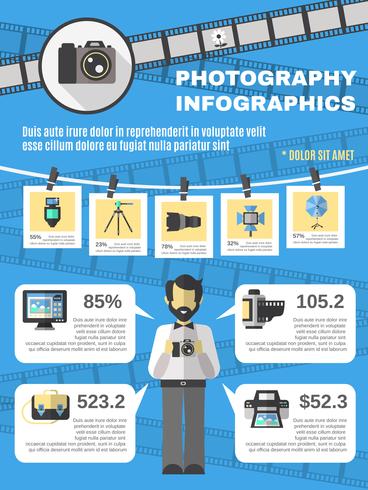Common Blunders New Photographers Make And How To Stay Clear Of Them
Common Blunders New Photographers Make And How To Stay Clear Of Them
Blog Article
Posted By-Acosta Schou
As a new digital photographer, it's easy to get caught up in the appeal of premium gear and neglect the essentials that genuinely boost your craft. You could find yourself irritated when your pictures do not reflect the vision you had in mind. Common mistakes, like neglecting lights principles or neglecting make-up principles, can hold you back greater than you recognize. But understanding these challenges can change your method. Let's discover these blunders and just how you can avoid them to improve your digital photography trip.
Disregarding Illumination Fundamentals
Neglecting lighting principles is just one of the biggest errors new photographers make. You may believe that catching a great image is everything about your electronic camera settings or the most recent gear, but the fact is, lighting is crucial. Correct illumination can boost your images from mundane to stunning, and understanding it can save you from many missed possibilities.
Initially, pay attention to all-natural light. The gold hours-- soon after dawn and before sundown-- supply soft, complementary light that boosts your topic. Avoid harsh midday sunlight, which can cast uncomplimentary darkness. If you're shooting inside your home, position your topic near home windows to make use of diffused light.
Next off, discover to manipulate man-made lighting. Experiment with different resources, like lights or external flash. Use reflectors to jump light back onto your subject for a softer effect. Don't fail to remember that darkness can add deepness; embrace them as opposed to shying away.
Ultimately, method readjusting your camera setups according to the illumination problems. Understand exactly how shutter speed, aperture, and ISO work together to attain the desired exposure.
Overemphasizing Tools
Several brand-new digital photographers fall under the trap of assuming that having the latest and biggest gear will instantly improve their digital photography. While it's appealing to think that a higher-end electronic camera or a fancy lens will certainly boost your work, the reality is that it's not nearly the equipment you make use of.
https://telegra.ph/Discover-Exactly-How-To-Select-The-Ideal-Video-Camera-Customized-To-Your-Digital-Photography-Style-And-Needs-But-Are-You-Conside-01-08 , creativity, and understanding of photography play a much larger role in producing magnificent pictures. Investing in excellent equipment can be useful, but it shouldn't be your primary emphasis. Rather, concentrate on mastering the fundamentals-- light, make-up, and storytelling.
You can take awesome photos with a simple electronic camera if you know exactly how to use it properly. Often, it's the digital photographer's vision, not the gear, that makes the distinction.
In addition, overstating equipment can cause stress and burnout. You might find yourself frequently chasing after the next piece of equipment rather than developing your craft.
Neglecting Structure Concepts
When you get your cam, it's simple to concentrate solely on the subject, however overlooking make-up principles can cause uninspired photos. Structure is the backbone of digital photography; it overviews the viewer's eye and develops a visual narrative. If you ignore it, your magnificent topic may get shed in a chaotic frame.
Start by applying the regulation of thirds. Imagine your frame separated into nine equivalent parts by 2 horizontal and two upright lines. Position crucial elements along these lines or at their junctions for a well balanced and interesting shot.
Furthermore, consider leading lines. Use natural lines in your scene to draw the visitor's eye towards the topic.
Do not ignore framework. Use surrounding https://www.forsythnews.com/life/people/how-get-professional-family-photo-quarantine-life-safety-your-front-porch/ to create a "structure within a structure." This method can include depth and focus to your subject.
Lastly, pay attention to negative room. Often, less is much more. Enabling empty space can improve your prime focus and develop a much more effective photo.
Final thought
To conclude, by steering clear of these usual challenges, you can boost your digital photography skills substantially. Concentrate on mastering illumination, structure, and direct exposure rather than getting shed in expensive equipment. Don't undervalue the power of post-processing, either-- it can truly change your pictures. Keep in mind to pick the correct time of day for shooting, as illumination plays an essential duty in your outcomes. Accept these ideas, and enjoy your photography prosper!
